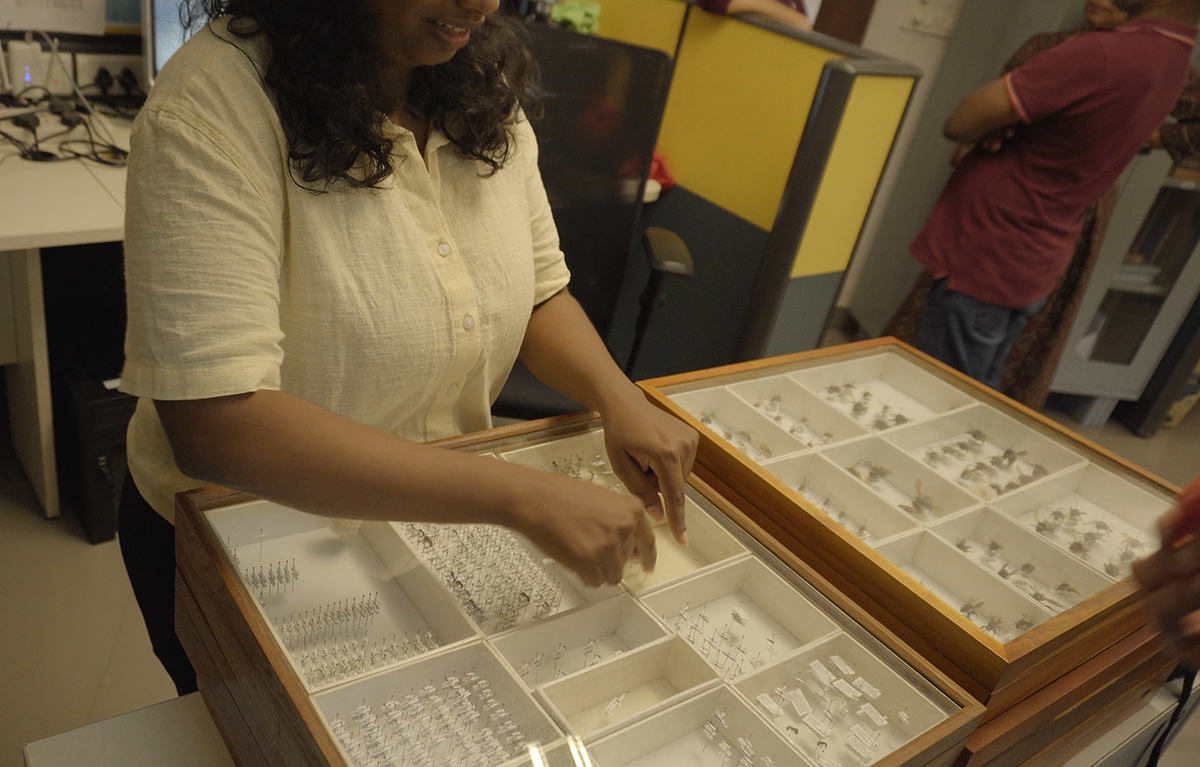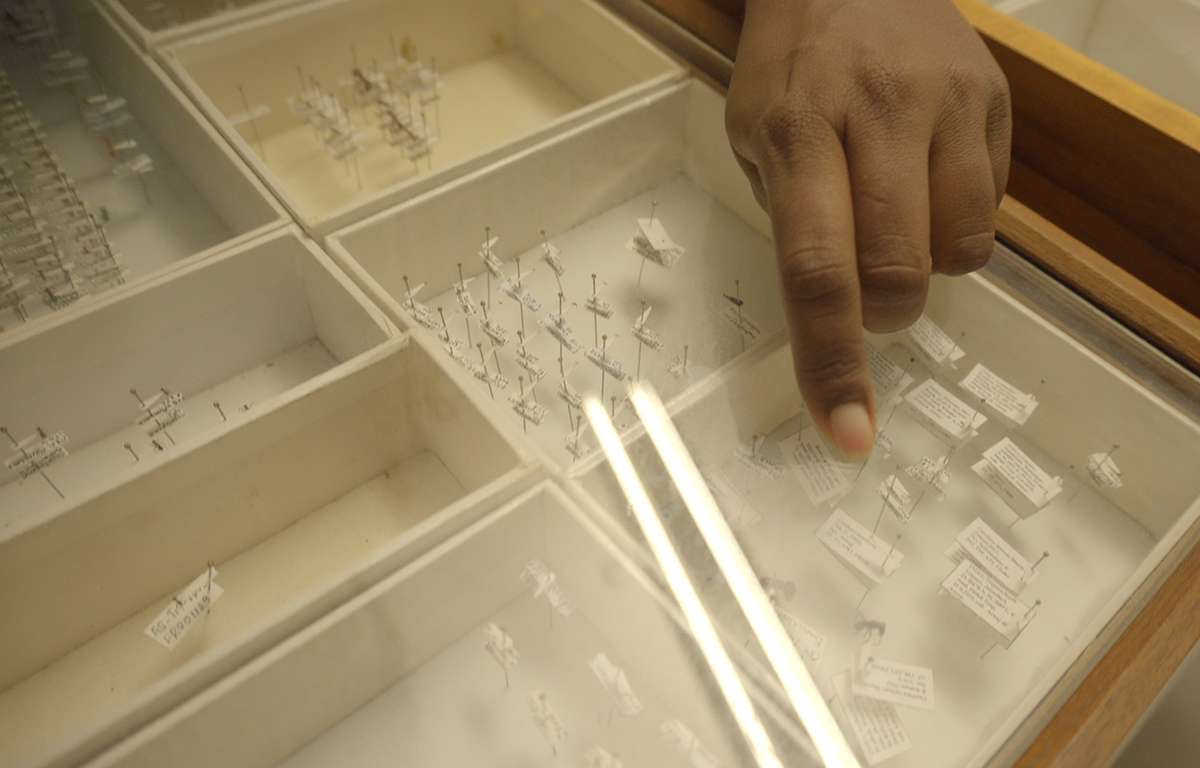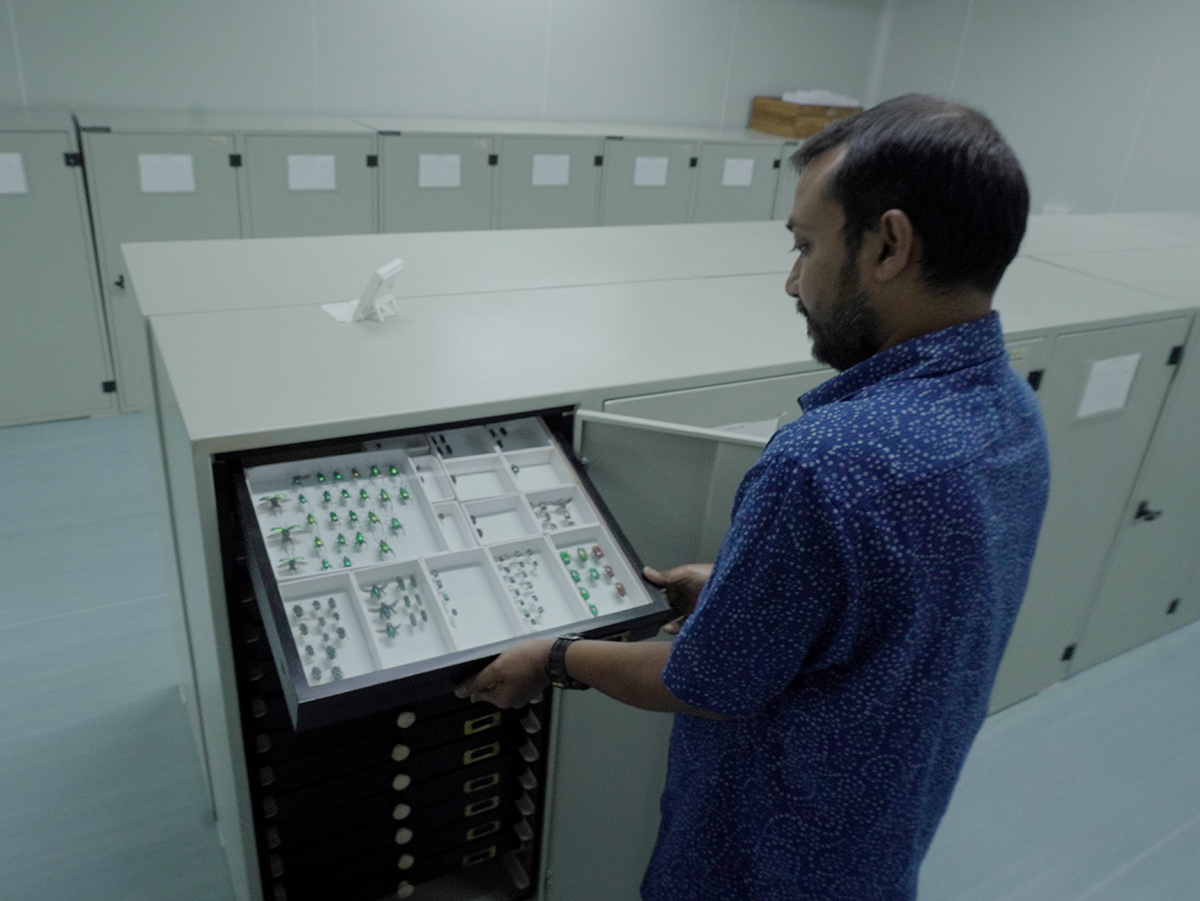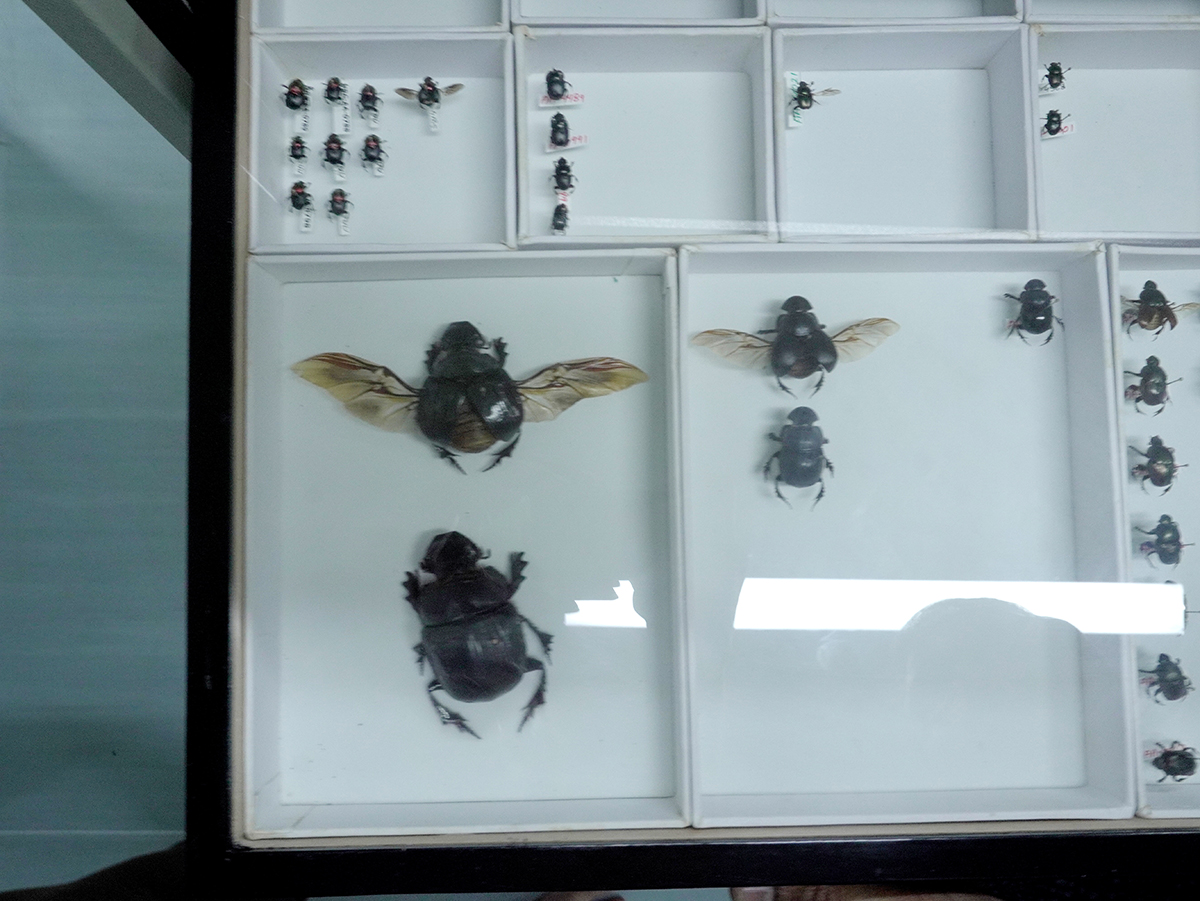Aniruddh Shivakumar Menon
Project Period: One year
This Foundation Project implemented by IFA under Arts Projects (Research/Practice), will explore Bangalore’s hidden insect diversity through short films and a zine. By combining interviews with scientists, animation, and sound design, to trace how centuries of horticultural exploration introduced new species and reshaped local ecologies of Bangalore, this project bridges science and storytelling to foster public awareness of the city’s overlooked, but vital insect life. Aniruddh Shivakumar Menon is the Project Coordinator for this project.
Aniruddh Shivakumar Menon is a creative professional with deep interdisciplinary experience in art, design, and production. Aniruddh holds an Advanced Diploma in Animation Production from Srishti School of Art and Design, Bengaluru. He co-founded Spitting Image, a boutique studio known for immersive experiences and award-winning animated content. His recent recognition includes the Animator’s Guild India 2023 Award for Best Sound Design in an animated short film. Given his experience, Aniruddh Shivakumar Menon is best placed to be the Project Coordinator of this Foundation Project of IFA.
This project titled Invisible Neighbours: Bangalore’s Hidden Insect Biodiversity involves a multimedia research and storytelling project that uncovers the history of insect migration into Bangalore, tracing their arrival through the city’s 200-year-old horticultural evolution. Kindled by Tipu Sultan’s vision of importing saplings from around the world, Bangalore transformed into a centre for botanical experimentation, inadvertently becoming a hub for new ecological interactions. Through a mix of animation, live-action, and sound-rich storytelling, the project will investigate the insects that arrived with these plants, some as pollinators, others as pests, and how they reshaped Bangalore’s delicate ecological networks. These insects, often unnoticed, have become critical to the identity of the Garden City, raising questions about coexistence, adaptation, and survival.
The artistic process of the project will include in-depth interviews with entomologists and ecologists, macro-photographic explorations of insect habitats, and documentation in institutions such as the National Insect Museum and the Department of Entomology at the Gandhi Krishi Vigyana Kendra (GKVK). Visual cultural research will also include historical representations of insects in scientific documentation, providing context for understanding how scientific aesthetics have shaped perceptions of the insect kingdom in the city of Bangalore.
The four phases of the project will include the pre-production phase of data gathering, followed by field-based production, post-production and culminating with zine-making. The first phase will set the narrative direction through interviews and field visits, followed by the second phase which will capture the visuals through three schedules of indoor and outdoor shoots each. Indoor segments will involve interviews with scientists and footage of their workspaces, while outdoor shoots will take place in forests, orchards and city edges, where the urban insect life thrives. The third phase will include editing, animation, original music, and voice-over work, culminating in a series of eight short videos. Finally, a visually rich printed zine will be created to highlight one particular insect family in Bangalore, offering tactile and shareable research artefacts for both scientists and the public. Scientific collaboration will be central to Invisible Neighbours, with contributions from Bangalore-based entomologists, researchers at Ashoka Trust for Research in Ecology and the Environment (ATREE)’s Insect Lab, and horticultural historians.
The outcome of the project will be a series of short films and a zine. The Project Coordinator’s deliverables to IFA with the final report will be a series of short films and a zine.
This project suitably addresses the framework of IFA’s Project 560 programme in the manner in which it attempts to delve into science-inspired artistic research that will not be just a documentation of Bangalore’s insect biodiversity, but also a call to recognise the lives that quietly coexist with humans, and to understand the layered histories of the city that make them possible.
IFA will ensure that the implementation of this project happens in a timely manner and funds expended are accounted for. IFA will also review the progress of the project at midterm and document it through an Implementation Memorandum. After the project is finished and all deliverables are submitted, IFA will put together a Final Evaluation to share with Trustees.
This project is supported by BNP Paribas India Foundation.




